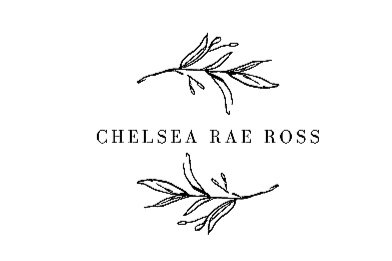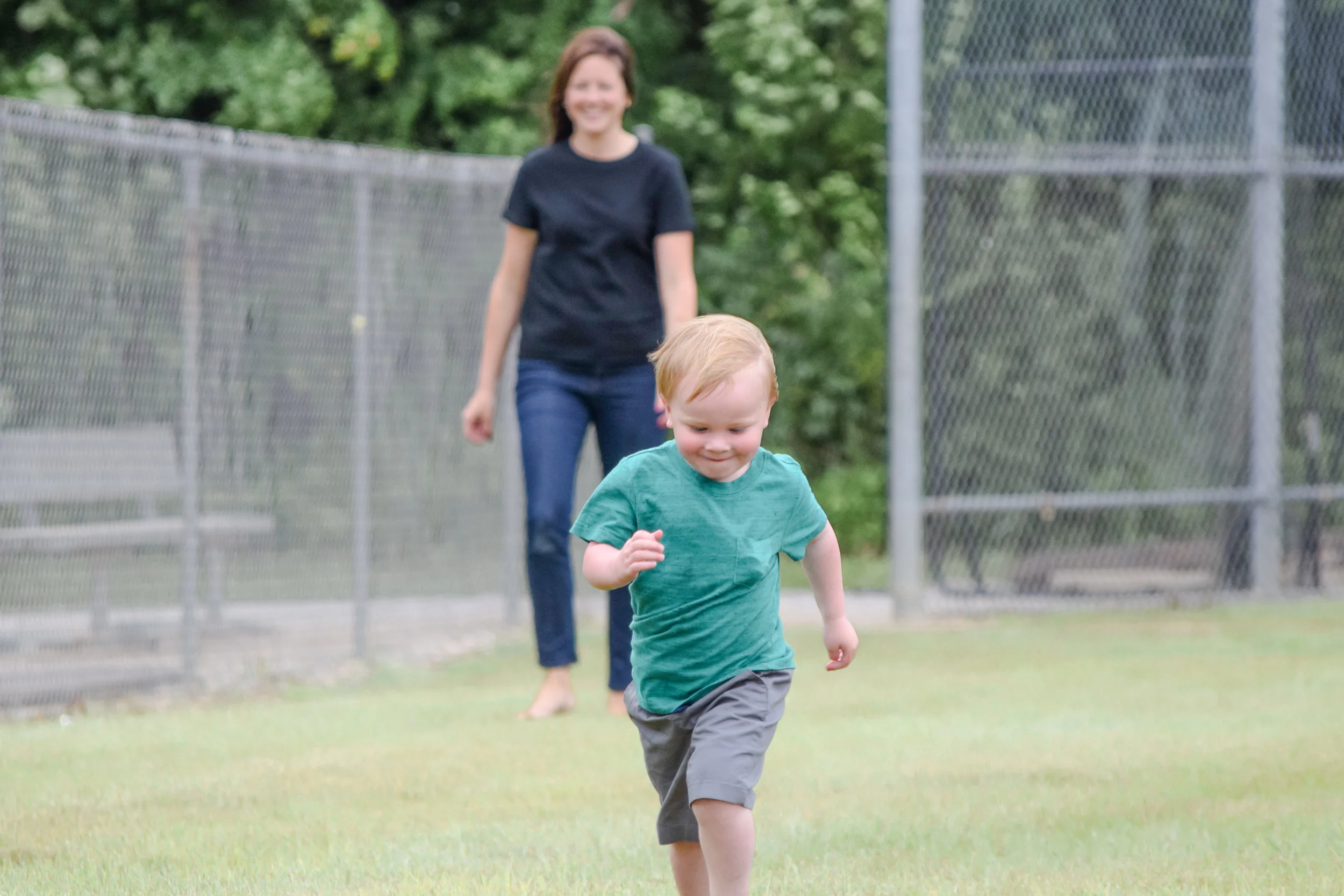How are you?
Photo by Peter Vu Photography
When the same message keeps revealing itself in different arenas of your life, you pause. You pause and think, is this for me? As an English teacher, I’m knee deep in literary analysis, asking my students to consider the purpose behind literary devices and they are starting to notice patterns - the author’s craft! To have students dig deeper, I’ll say, tell me why that is the case, or how does that play out in the story. I’m starting to ask myself those same questions - Why do things keep pointing back to this same message, how might this impact me? Well maybe it’s because I need to hear it.
How are you? Such a common phrase. But what we really should be asking is something more, because how are you doesn’t result in what it should. How are you is a phrase used to be polite, because when you ask it, do you really want to know the answer or is it out of habit to say? If you want to the know the answer, then you need to ask a more specific question, one that will elicit a response that has depth.
In church not too long ago, our pastor shared that what we should really be asking is how is it with your soul? When someone says how are you we can respond with “fine” and then quickly turn it on the other person, deflect the true aspects of our life, avoid a hard conversation. When someone says how is it with your soul, it opens the door for you to be honest, to be vulnerable, and to maybe share that you are not okay.
But this isn’t a lesson in religion, it doesn’t just stem from scripture, this idea has been presented recently in my career as well. Our district is working to tackle a very real and very present issue in our growing youth (and adults), mental well-being. As a teacher, when you ask your students how are you, are you just being polite, do you think they will answer you honestly? What can we say instead that will allow our students to really share with us how they are, and not just the response they have been conditioned to say?
I feel like I have a knack for reading people, I can quickly see when someone is feeling tense, uncomfortable, sad, or shaken. How I respond to my intuition is extremely important and part of that response is knowing what the person needs. Sometimes that person needs me to investigate, needs me to question and needs me to push them to share. Other times that person needs me to pretend that I don’t notice, provide a sense of normalcy amongst their storm, and deflect others from trying to pry. Sometimes people need us to ask how are you, but most times they need something more.
Photo by Peter Vu Photography
My oldest, Parker, is nine years old and in fourth grade, he is inching closer and closer to the age of the students I teach and I’m starting to notice that he has less and less to say about his day at school. When I ask “how was your day?” his response consistently will be “it was good.” I quickly flashback to parent teacher conferences and families looking at me saying “my son just doesn’t talk to us anymore, we have no idea about his day or how things are going,” and I always respond with “you are not alone, it’s a pretty normal thing at this age.” I don’t want to be that mother, I want to know, I want him to confide in me. I’ve realized that to open that line of communication and build that relationship I need to be more intentional with my words. What special did you have today? What are you working on in Math? Who did you sit with at lunch? What did you do at recess? What was the hardest part of your day? When did you smile and laugh?
Photo by Peter Vu Photography
I’m in a season of life where I prefer to act the part. I choose to smile, instead of cry. I choose to share the good and not always the reality. I talk myself into believing that what I’m doing is holding tight to the positive moments, that I’m preserving the storyline we deserve to remember. But then again, I’m lying, I’m being secretive, I’m not being authentic. I need my people to go beyond asking how are you. Say how are you, really?
We need to be more intentional, we need to be more observant, we need to ask how are you in a way that people will feel compelled to share. But that takes effort, that takes time, that takes energy. Those around me deserve that effort, time and energy though, my children deserve it as well. My students need that outpouring of love, just as I do.
Photo by Peter Vu Photography










